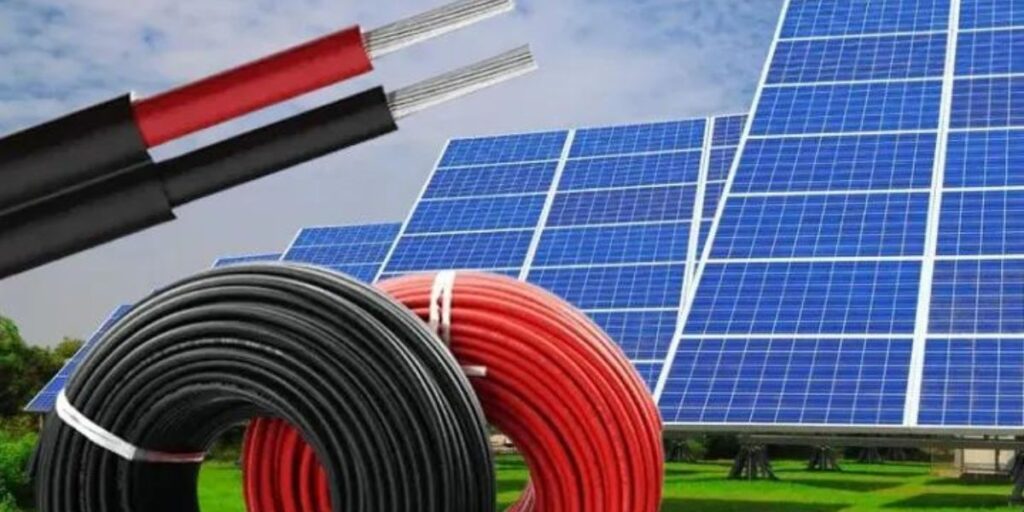Introduction
The Yaesu FT-70DR is a popular dual-band handheld transceiver that’s well-regarded among amateur radio operators. While the transceiver itself is a robust and versatile device, there are optional accessories available, including a DC cable, that can enhance its functionality and convenience. In this article, we will delve into the world of the optional DC cable for the Yaesu FT-70DR, exploring its purpose, compatibility, advantages, and more.
The Purpose of the Optional DC Cable
The optional DC cable for the Yaesu FT-70DR serves a specific purpose within the realm of amateur radio and portable transceivers. Basically, it permits clients to drive their FT-70DR straightforwardly from an outside power source, for example, a DC power supply or a vehicle’s battery. This component is particularly important when you really want to ration battery duration or work the handset for a lengthy period.
The DC link goes about as a scaffold between the handset and the power source, guaranteeing a persistent and stable power supply to the FT-70DR. It’s a versatile accessory for various situations, from emergency communications to prolonged field operations, making it a practical addition to your amateur radio kit.
Compatibility with the Yaesu FT-70DR
One of the most critical aspects to consider when purchasing an optional DC cable is its compatibility with the Yaesu FT-70DR. Yaesu offers specific DC cables designed to work seamlessly with the FT-70DR, ensuring a secure and reliable connection. These cables are typically custom-made for this transceiver, so they fit perfectly and eliminate any concerns about compatibility issues.
It’s essential to confirm that the DC cable you’re considering is explicitly designed for the FT-70DR, as using incompatible cables can lead to voltage mismatch or connectivity problems. This could potentially damage your transceiver, so always choose the officially recommended cable or a third-party alternative known to be compatible.
Advantages of Using the DC Cable
Using the optional DC cable for your Yaesu FT-70DR offers several advantages, making it a valuable addition to your setup:
Extended Operation Time
When connected to an external power source through the DC cable, you can operate your transceiver for extended periods without worrying about draining the internal battery. This feature is invaluable during long contests, public service events, or emergency situations when communication uptime is critical.
Battery Conservation
By utilizing outside power, you can save your handset’s interior battery for when you truly need it. This is particularly useful when you’re re-energizing or it isn’t quickly imaginable to supplant the battery.
Improved Transmit Power
Some radios, including the FT-70DR, might provide higher transmit power when connected to an external power source. This extra power can significantly enhance your communication range, which can be a game-changer in specific scenarios.
Stable Performance
External power sources often provide a more stable and consistent voltage supply than internal batteries. This stability ensures that your transceiver operates at peak performance levels, particularly in high-demand situations.
Setting Up the DC Cable
Setting up the DC cable for your Yaesu FT-70DR is a straightforward process. Here are the general steps to follow:
Acquire the Right Cable: Ensure you have the compatible DC cable for your FT-70DR.
Locate the DC Input: On your transceiver, you will find a designated DC input port. It’s typically located on the side or rear of the unit.
Connect the Cable: Plug one end of the DC cable into the transceiver’s DC input and the other end into your external power source. Be sure to observe polarity and secure the connections.
Turn On the Power Source: Power on your external power source, whether it’s a DC power supply, vehicle battery, or another suitable source.
Turn On the Transceiver: Switch on your Yaesu FT-70DR, and it should start operating using the external power source.
Monitor Voltage: Some transceivers, including the FT-70DR, might display the input voltage on the screen. Make sure it matches the voltage of your power source.
Operate as Usual: Your transceiver is now powered externally, and you can operate it as you normally would.
Important Considerations
When using the optional DC cable for the Yaesu FT-70DR, there are a few essential considerations to keep in mind:
Voltage and Polarity
Ensure that the voltage supplied by your external power source matches the transceiver’s requirements. Additionally, always check and follow the correct polarity when connecting the cable to avoid potential damage.
Fuse Protection
Consider using an inline fuse or a fused power cable to protect your transceiver from voltage spikes or potential shorts in the DC cable.
Mobile Installations
For vehicle-mounted operation, make sure the cable is routed and secured to prevent interference with the vehicle’s controls or safety systems.
Disconnect When Not in Use
When you’re finished using the external power source, disconnect the DC cable to prevent any accidental power drain or voltage issues.
Alternatives and Customization
While Yaesu provides an official DC cable tailored for the FT-70DR, some amateur radio operators prefer to create custom cables or explore third-party options. This choice may be driven by specific requirements or preferences, such as longer cable lengths or different connectors.
When considering alternatives, it’s crucial to maintain the compatibility and safety aspects. Custom cables should be created with precision to ensure they meet the FT-70DR’s voltage and current requirements. Third-party options should be chosen based on user reviews and reputation, ensuring they don’t compromise the transceiver’s performance or safety.
Conclusion
The optional DC cable for the Yaesu FT-70DR is a practical accessory that extends the functionality of this popular transceiver. It provides an excellent solution for extended operation, battery conservation, and stable performance. When used correctly and with the necessary precautions, it can greatly enhance your amateur radio experiences. Whether you opt for the official Yaesu cable or explore alternatives, make sure it’s a safe and compatible choice for your FT-70DR.




